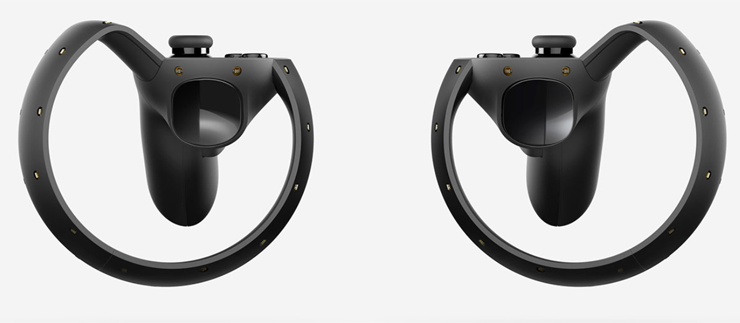The Oculus Rift has been in the VR scene for quite some time
now but we are yet to see a consumer-friendly model released for the general
public. Well, after a long time of waiting, it seems that Oculus is now ready
to get its product to everyone.
The company has just announced the consumer-ready version of
its Rift headset ahead of E3 at a special event in San Francisco. The device
features a new constellation tracking system that works with a desktop sensor
to help determine the user’s position in space. Oculus VR has also built an
integrated audio system into the headset to provide immersive sound.
These audio system is removable though to enable users who
want to use their own headphones with the device. A slider can also be found at
the bottom of the headset that will allow consumers to adjust the distance of
the lens between their eyes.
The system will include an Xbox One controller and a
wireless PC adapter to serve as input devices. As you might have guessed, the
company has partnered with Microsoft for the controller (and then some). The
partnership also means that the Rift will have native support in Windows 10 and
users will be able to stream Xbox One games to PCs with the device.
There’s also going to be a new system software for the Rift
called Oculus Home. This will act as a central hub for all VR content for the
headset including games and social networking to name a few.
For an even more immersive experience, the company has also
introduced another way to interact in the VR world. Oculus VR has created its
own input system called Oculus Touch that aims to provide users with a more
intuitive way of using the Rift.
According to the company’s founder, Palmer Luckey, the most
common reaction of people when they try the system is to reach out with their
hands in the virtual world. That’s why they’ve build the Oculus Touch AKA Half Moon to get hand presence and
precise manipulation in VR space.
The controllers are wireless and features 360-degree and
inertial tracking technology. They also come with a couple of buttons, an
analog trigger, a hand trigger, a thumbstick and haptics that provide feedback
when a user touches something in the VR Space.
The VR company plans to get a demo setup at E3 next week to
show the full capabilities of the system as well as to showcase the newest
games developed for the Rift.
















